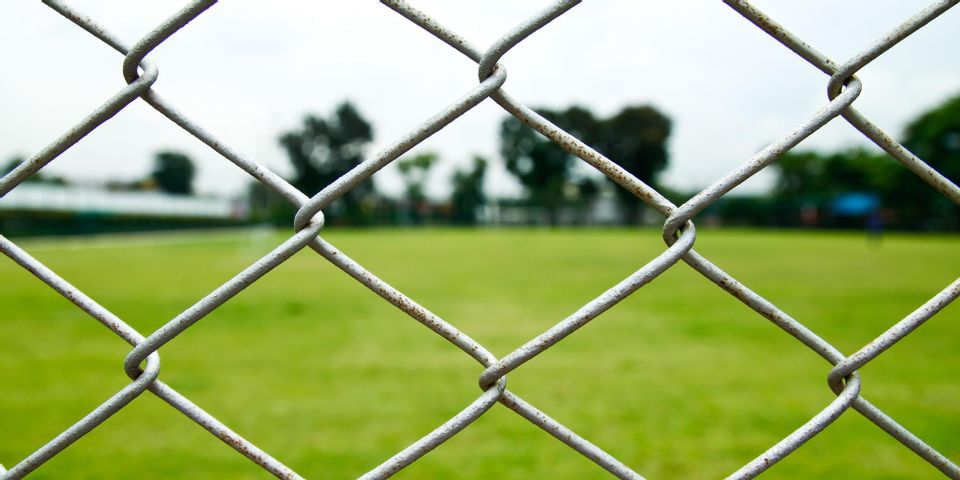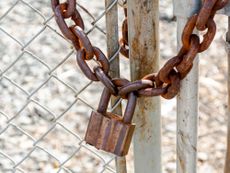
Whether it’s being used as a protective barrier at your home or business, a chain-link fence should stand up against the elements. Unfortunately, the structure may develop rust over time. Here are several reasons why this can occur—as well as how to prevent corrosion.
How Chain Link Fences Acquire Rust
1. Damaged Components
Cracked or chipped paint on a chain-link fence may provide an opening for rust to form. These chips allow moisture to get trapped in the exposed parts, triggering rust development.
If the links or posts have been scratched, bent, or damaged in any way, the deformities may weaken those areas, inviting rust and corrosion. To prevent these scenarios, schedule repairs right away.
2. Dirty Fences
 If dirt, debris, and grime build up on your chain-link fence, the accumulation could cause the structure to weaken. If oil, grease, and other materials linger on fences, their chemical properties can also lead to rust and corrosion.
If dirt, debris, and grime build up on your chain-link fence, the accumulation could cause the structure to weaken. If oil, grease, and other materials linger on fences, their chemical properties can also lead to rust and corrosion.
Chain-link fences should be periodically scrubbed with a mild detergent and warm water and then thoroughly rinsed. A pressure washer is ideal for removing debris, too.
3. Lack of Protection
The zinc coating on galvanized steel chain-link fences may wear down over time. The protective cover could cause rust to form.
To help prevent this corrosion, have a contractor apply a rust inhibitor. The product creates a durable layer between the fence’s metal and weather and chemical agents that may trigger oxidation. Look for paints with rust inhibitors if you plan on painting a chain-link fence.
General Fence in Elko, NV, is the trusted provider that residents and business owners turn to for expert repair, installation, and maintenance services. They can provide a variety of fence styles that are both secure and stylish. To learn more about protecting your existing fence from rust or to schedule a new chain-link fence installation, call (775) 753-6077. Visit the website to request a free estimate on service.
About the Business
Have a question? Ask the experts!
Send your question

